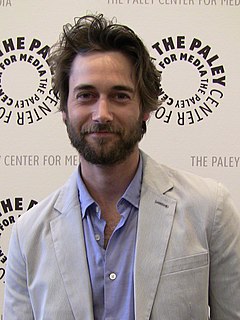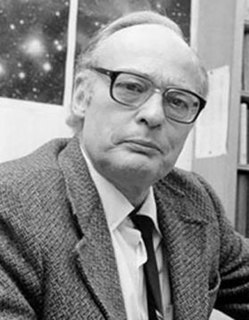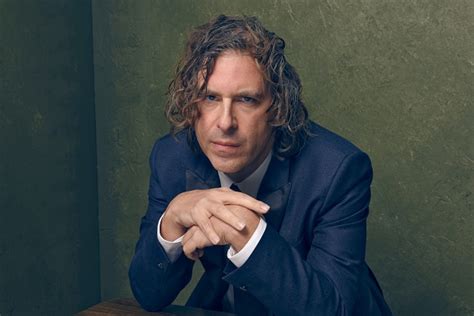A Quote by Lewis Thomas
Montaigne simply turns his mind loose and writes whatever he feels like writing. Mostly, he wants to say that reason is not a special, unique gift of human beings, marking us off from the rest of nature.
Related Quotes
The very best reason parents are so special . . . is because we are the holders of a priceless gift, a gift we received from countless generations we never knew, a gift that only we now possess and only we can give to our children. That unique gift, of course, is the gift of ourselves. Whatever we can do to give that gift, and to help others receive it, is worth the challenge of all our human endeavor.
A doctor, like anyone else who has to deal with human beings, each of them unique, cannot be a scientist; he is either, like the surgeon, a craftsman, or, like the physician and the psychologist, an artist. This means that in order to be a good doctor a man must also have a good character, that is to say, whatever weaknesses and foibles he may have, he must love his fellow human beings in the concrete and desire their good before his own.
When the Spirit of God comes into us, He wants to be Himself in us. He wants His energy to be poured through us. He wants His wisdom to be deposited in our hearts. He wants His instinct and nature to be evident and obvious in you.He wants us to see what He is looking at, to feel what He feels, to know what He knows, to work with His projects, see life the way He sees it, get His ideas and know His opinion about yourself and others.
I have read a thousand screenplays, and I have acted in a handful of them, and I have felt when it feels good, the writing, and it feels natural, and feels funny or sad or honest or whatever it may be. You connect. And I felt when it feels like writing, when it feels stale, or when it feels artificial or forced, or too theatrical or whatever.
No one is without Christianity, if we agree on what we mean by that word. It is every individual's individual code of behavior by means of which he makes himself a better human being than his nature wants to be, if he followed his nature only. Whatever its symbol - cross or crescent or whatever - that symbol is man's reminder of his duty inside the human race.
Nature is purposeless. Nature simply is. We may find nature beautiful or terrible, but those feelings are human constructions. Such utter and complete mindlessness is hard for us to accept. We feel such a strong connection to nature. But the relationship between nature and us is one-sided. There is no reciprocity. There is no mind on the other side of the wall.
Human beings of all societies in all periods of history believe that their ideas on the nature of the real world are the most secure, and that their ideas on religion, ethics and justice are the most enlightened. Like us, they think that final knowledge is at last within reach. Like us, they pity the people in earlier ages for not knowing the true facts. Unfailingly, human beings pity their ancestors for being so ignorant and forget that their descendants will pity them for the same reason.
We're human beings we are - all of us - and that's what people are liable to forget. Human beings don't like peace and goodwill and everybody loving everybody else. However much they may think they do, they don't really because they're not made like that. Human beings love eating and drinking and loving and hating. They also like showing off, grabbing all they can, fighting for their rights and bossing anybody who'll give them half a chance.
Nature is man's inorganic body -- that is to say, nature insofar as it is not the human body. Man lives from nature -- i.e., nature is his body -- and he must maintain a continuing dialogue with it is he is not to die. To say that man's physical and mental life is linked to nature simply means that nature is linked to itself, for man is a part of nature.
To suppose universal laws of nature capable of being apprehended by the mind and yet having no reason for their special forms, but standing inexplicable and irrational, is hardly a justifiable position. Uniformities are precisely the sort of facts that need to be accounted for. Law is par excellence the thing that wants a reason. Now the only possible way of accounting for the laws of nature, and for uniformity in general, is to suppose them results of evolution.





































